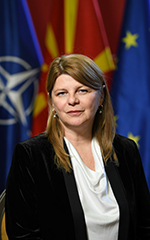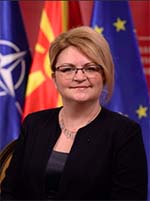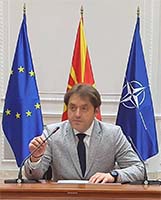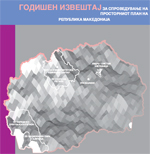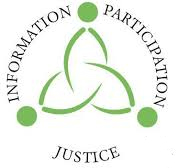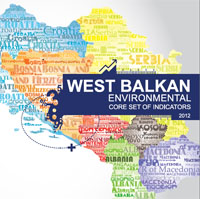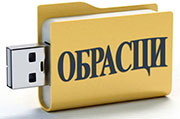 (30.09.2016) Today and during the next two days, the Third Congress of Geologists of the Republic of Macedonia is taking place in Struga, organized by the Macedonian Geological Society and “Gocve Delchev” University of Shtip and supported by a number of companies and partners.
(30.09.2016) Today and during the next two days, the Third Congress of Geologists of the Republic of Macedonia is taking place in Struga, organized by the Macedonian Geological Society and “Gocve Delchev” University of Shtip and supported by a number of companies and partners.
In the context of the long tradition of geological science and the current momentum, the key topics of the Congress relate to: Geology and science, Fundamental geology and Geology and economy.
Papers submitted to the Congress were compiled and printed in Collection presenting 105 original scientific works prepared by more than 350 authors and co-authors from Macedonia and abroad, on more than 700 pages. Their content reflects the connection between traditional research methods and application of new modern technologies and tools in geological explorations, including also the state of the art field and laboratory instrumental methods, systems for data processing and keeping, as well as environmental parameters monitoring.
According to Sonja Lepitkova, PhD, Chair of the Organizational board, using geology in service of environment protection and global scale challenges addressing is of particular importance.
-The focus of this Congress falls on geology and its link with ecology. It is related to climate change, earthquakes and other phenomena happening today on Earth. It is also correlated with greenhouse gases, air pollution, ground waters, soil and many other occurrences we cope with on global level. We wish to show that geology and ecology should not be seen as closed within a space and a country, but as something much broader, because the impact of the processes covered by these sciences is beyond doubt regional and transcontinental, Lepitkova said.
The rector of “Gocve Delchev” University of Shtip, Prof.Blazho Boev, PhD also addressed the Congress at the plenary, presenting specific overview of the link between geology and climate change.
Representatives from the scientific community of Croatia, Serbia, Albania, Bosnia and Herzegovina and Kosovo were among guests, too.



